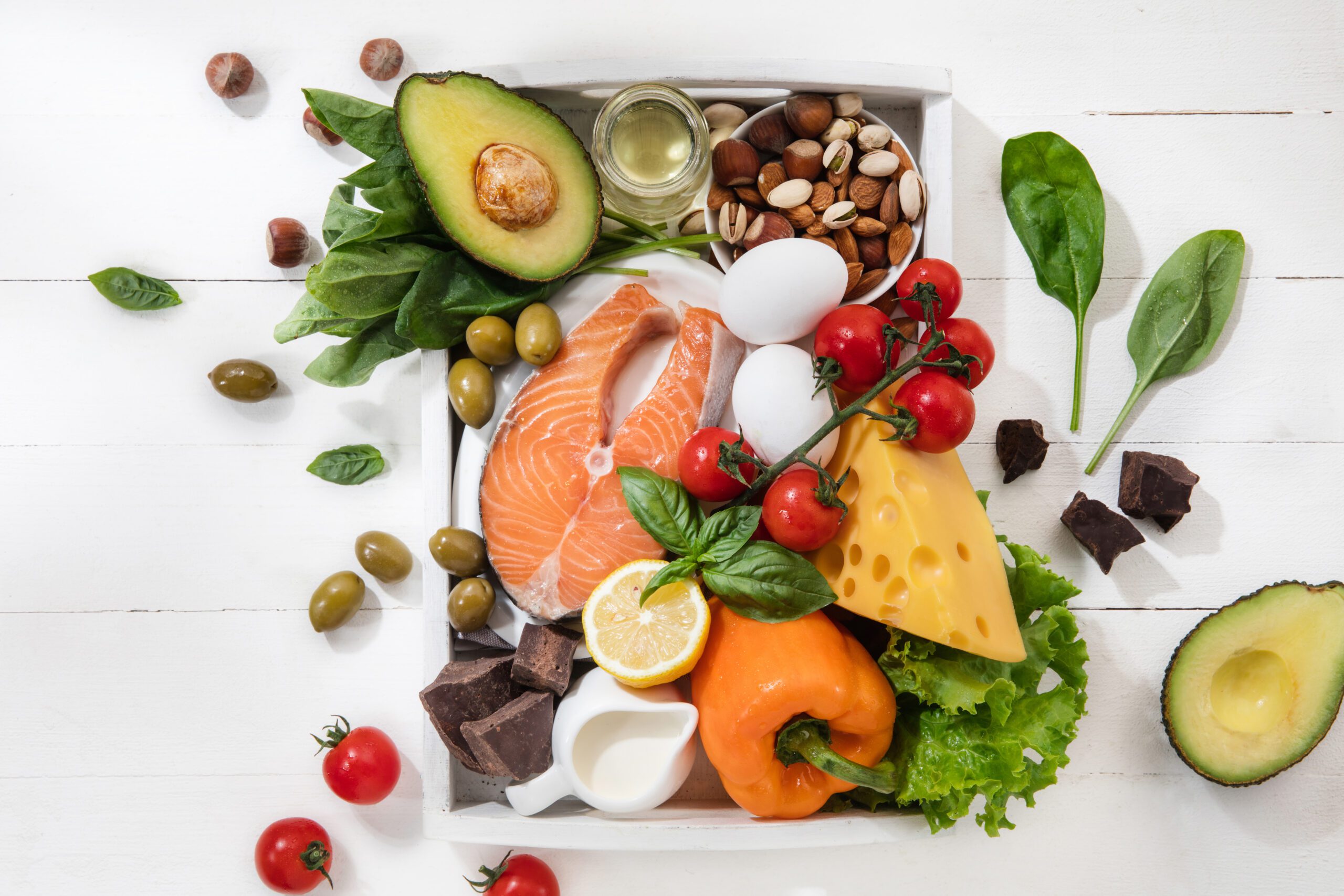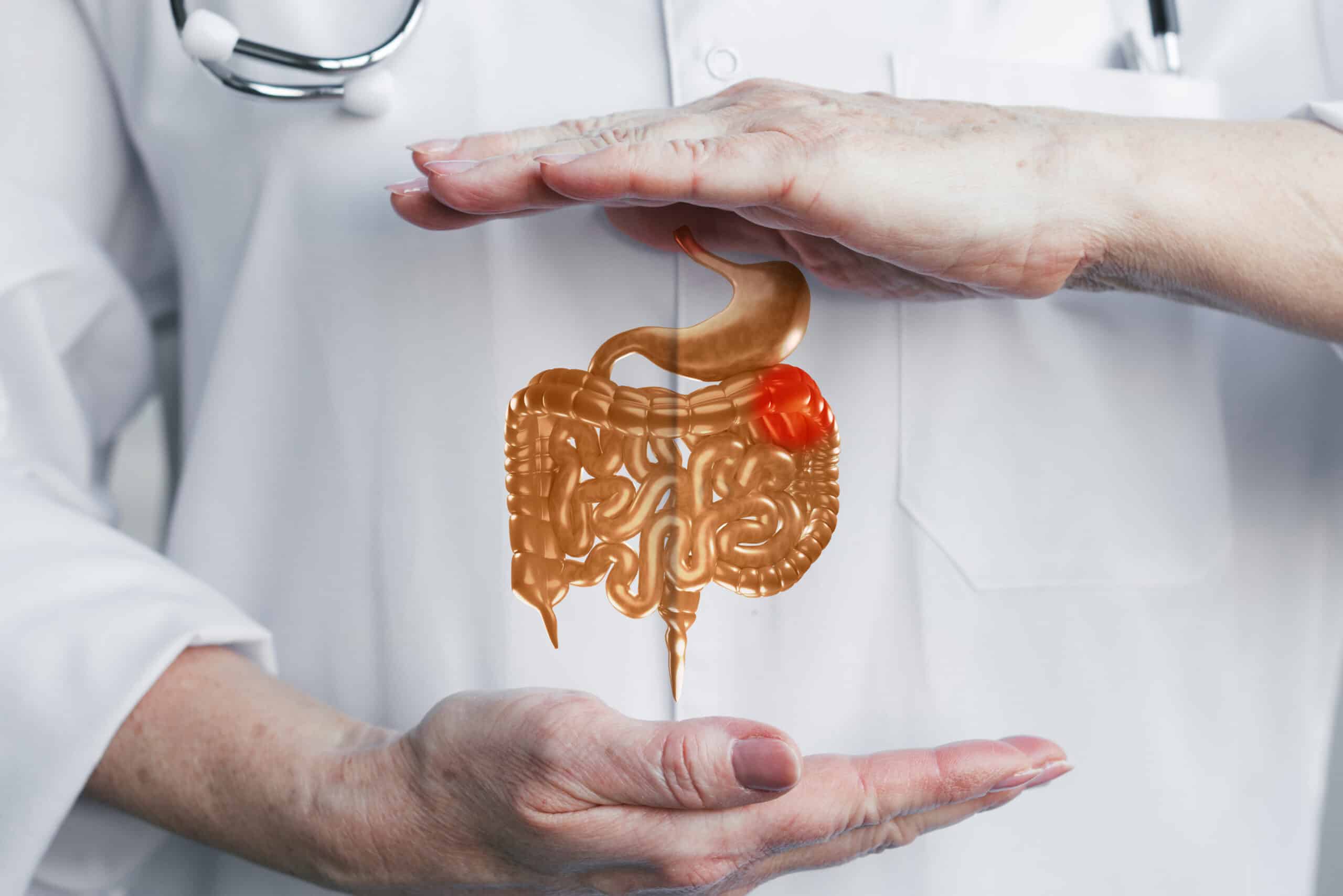Nourishing Your Body for Optimal Health
Maintaining a balanced diet is like fueling your body’s engine with the right blend of nutrients. It’s not just about counting calories; it’s about providing your body with the essential elements it needs to thrive. In this article, we’ll delve into the intricacies of balanced diets, exploring the benefits, components, and practical tips for achieving and maintaining a well-rounded approach to nutrition.
Understanding the Basics of Balanced Diets
What is a Balanced Diet?
A balanced diet is a nutritional strategy that encompasses a variety of foods in appropriate proportions. The goal is to ensure your body receives the right mix of macronutrients (carbohydrates, proteins, and fats), micronutrients (vitamins and minerals), and water to function optimally. It’s not about strict limitations or depriving yourself but rather about making informed choices to meet your body’s needs.

The Foundation: Macronutrients
Carbohydrates: The Energy Source
Carbohydrates are the body’s primary source of energy. Found in foods like grains, fruits, and vegetables, they provide quick fuel for your daily activities. Opt for complex carbohydrates like whole grains, as they release energy gradually, preventing sudden spikes and crashes.
Proteins: Building Blocks of Life
Proteins play a crucial role in building and repairing tissues. Sources such as lean meats, fish, eggs, and legumes provide essential amino acids, ensuring your body has what it needs for growth and maintenance.
Fats: The Necessary Friend
While often demonized, fats are essential for various bodily functions, including brain health and hormone production. Choose healthy fats like those found in avocados, nuts, and olive oil, while limiting saturated and trans fats.
Micronutrients: The Body’s Support System
Vitamins: Small but Mighty
Vitamins are vital for various bodily functions, from boosting immunity to supporting vision. A diverse diet with plenty of fruits and vegetables ensures you get a spectrum of vitamins, promoting overall health.
Minerals: Building Blocks for Health
Minerals, such as calcium, iron, and potassium, are crucial for maintaining strong bones, transporting oxygen, and regulating fluid balance. Incorporate a range of foods like dairy, leafy greens, and lean meats to meet your mineral requirements.
The Importance of Water
Often overlooked, water is a fundamental component of a balanced diet. Staying hydrated aids digestion, regulates body temperature, and supports overall well-being. Aim for at least eight glasses a day and adjust based on your activity level and climate.
Achieving Balance in Your Diet
Portion Control: The Key to Moderation
Maintaining a balanced diet involves not just what you eat but also how much. Portion control ensures you enjoy a variety of foods without overloading your body with excess calories. Listen to your body’s hunger and fullness cues, and savor each bite.
Colorful Plate: A Visual Feast
Aim for a vibrant plate that includes a spectrum of colors from fruits and vegetables. Each hue signifies a unique set of nutrients, ensuring you cover a broad spectrum of vitamins and minerals.
Variety: Spice Up Your Choices
Eating the same foods every day not only gets boring but also limits the range of nutrients your body receives. Embrace variety by trying different fruits, vegetables, grains, and proteins. This not only keeps your taste buds engaged but also provides a diverse array of nutrients.
Timing Matters: Regular Meals and Snacks
Maintaining steady energy levels requires a consistent eating schedule. Aim for three balanced meals with healthy snacks in between to keep your metabolism revved up and prevent overeating during main meals.
Benefits of a Balanced Diet
Weight Management: Finding Your Balance
Balanced diets contribute to weight management by promoting a healthy relationship with food. They discourage extreme diets and encourage sustainable, long-term habits that support overall well-being.
Energy Boost: Powering Through Your Day
A well-balanced diet ensures a steady supply of energy throughout the day. No more mid-afternoon slumps or morning crashes; your body receives the fuel it needs when it needs it.
Improved Mood and Mental Health
Nutrient-rich foods positively impact your mental well-being. Omega-3 fatty acids, found in fish and walnuts, have been linked to improved mood, while antioxidants in fruits and vegetables may contribute to reduced stress levels.
Practical Tips for Maintaining a Balanced Diet
Plan Your Meals Ahead
Preparing meals in advance helps you make mindful choices and avoid reaching for unhealthy options when hunger strikes. A well-thought-out meal plan also saves time and ensures you have the right ingredients on hand.
Read Labels: Know What You’re Eating
Understanding what’s in your food is crucial for making informed choices. Take a moment to read nutrition labels, keeping an eye on serving sizes, and be wary of hidden sugars and excessive additives.
Moderation, Not Deprivation
Balanced diets don’t mean giving up your favorite treats entirely. It’s about moderation. Enjoy that slice of cake or scoop of ice cream occasionally, savoring the flavors without guilt.
Conclusion
In the complex landscape of nutritional advice, the concept of a balanced diet stands out as a timeless and effective approach to nourishing your body. By understanding the fundamental components and incorporating practical tips into your daily life, you can embark on a journey towards optimal health and well-being.





